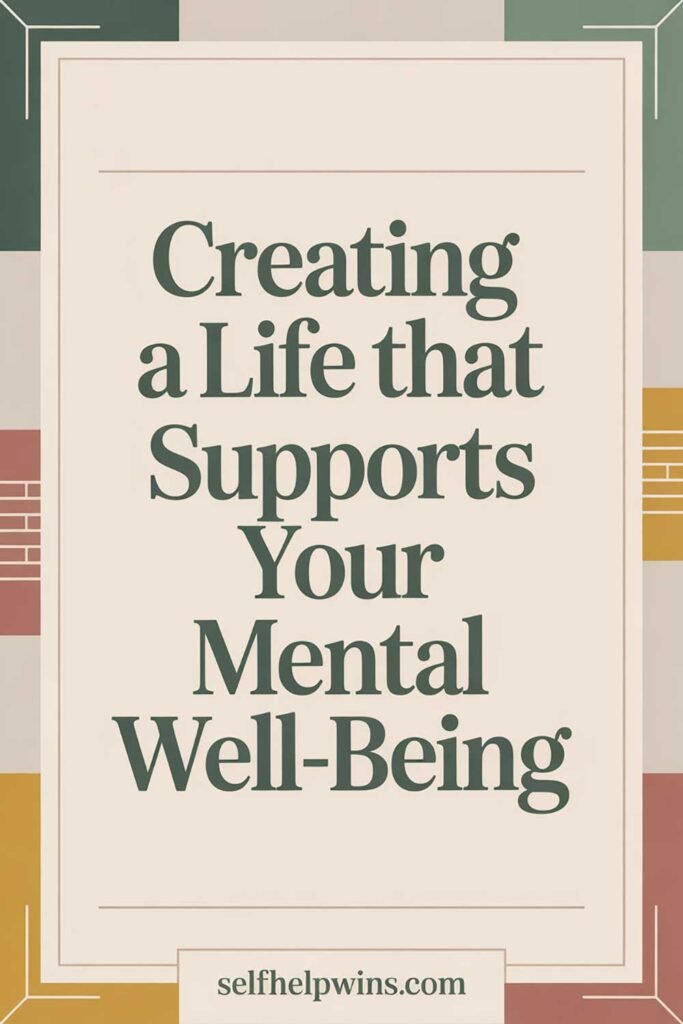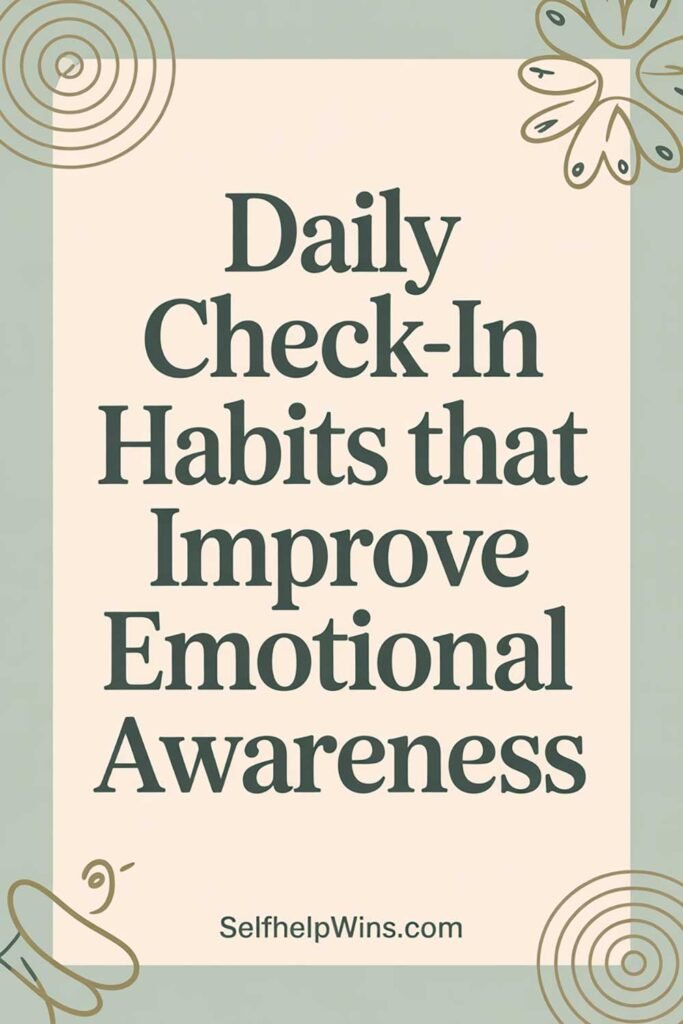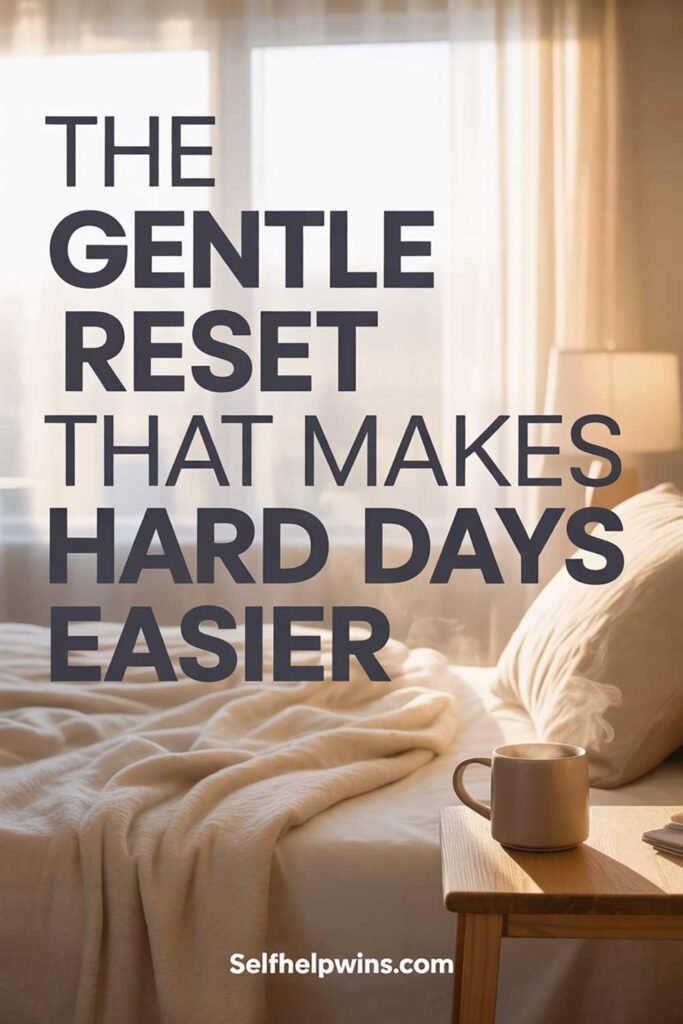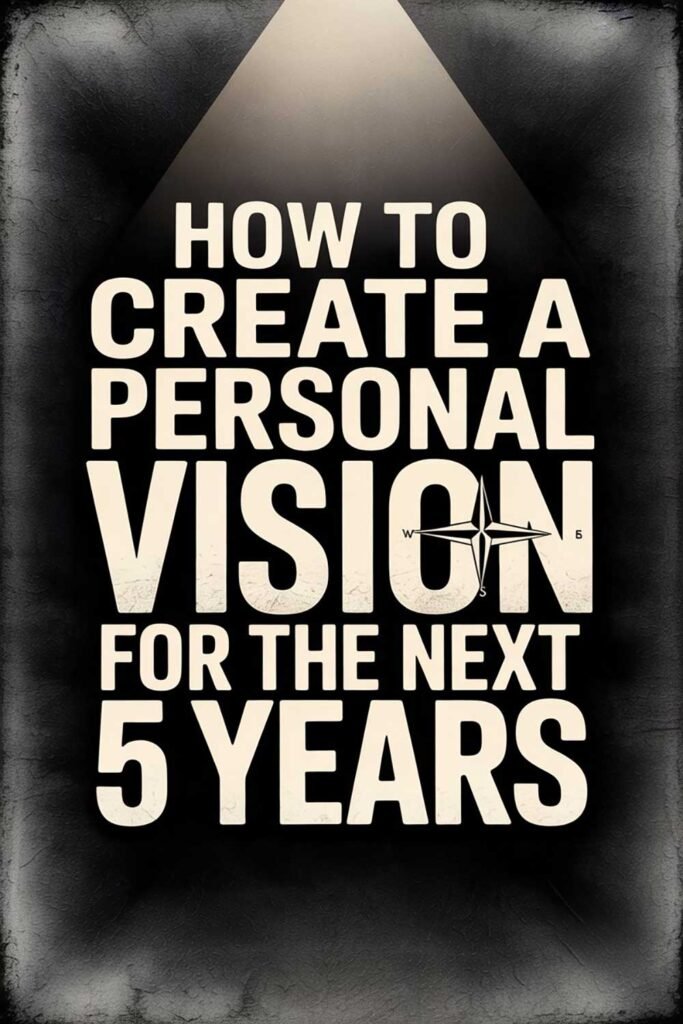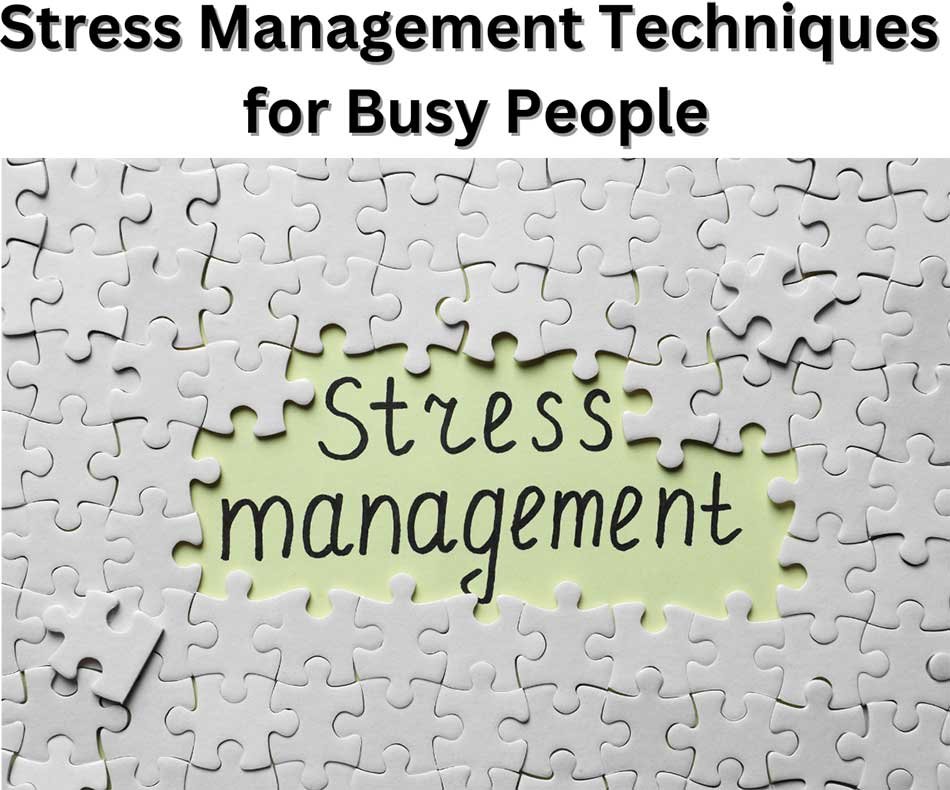
If you know someone who could benefit from this article, please share it with them. Stress management techniques tailored for busy people can make life more balanced and enjoyable.
Stress Management Techniques for Busy People
The Reality of a Busy Life
In today’s fast-paced world, many people juggle demanding schedules and endless responsibilities. While staying busy can be rewarding, it often leads to stress and burnout if not managed properly. By integrating simple and effective stress management techniques into your routine, you can maintain productivity without sacrificing your well-being.

Why Stress Management Is Essential
- Improves Health: Reduces the risk of chronic illnesses like heart disease.
- Boosts Productivity: Enhances focus and efficiency.
- Supports Mental Well-Being: Alleviates anxiety and promotes emotional balance.
- Enhances Relationships: Reduces irritability and improves communication.
Quick and Effective Stress Management Techniques
1. Practice Mindful Breathing
Mindful breathing helps calm your nervous system and focus your thoughts.
- How to Do It:
- Inhale deeply for 4 seconds, hold for 4 seconds, and exhale for 6 seconds.
- Repeat for 2-3 minutes.
2. Leverage the Power of Microbreaks
Short breaks throughout the day can help reset your mind and reduce stress.
- Examples:
- Stand up and stretch for 1-2 minutes.
- Take a quick walk to clear your head.
- Practice a brief meditation using apps like Headspace or Calm.
3. Use Time Management Techniques
Organizing your tasks reduces feelings of being overwhelmed.
- Methods:
- Prioritize your to-do list with the Eisenhower Matrix.
- Use time-blocking to allocate specific times for tasks.
- Break large projects into smaller, manageable steps.
4. Set Boundaries
Protect your time and energy by learning to say no when necessary.
- Action Steps:
- Limit after-hours work communications.
- Delegate tasks when possible.
- Communicate your limits to colleagues and family.
5. Practice Gratitude
Shifting focus to positive aspects of your life can reduce stress.
- How to Practice:
- Write down three things you’re grateful for each day.
- Reflect on moments of joy or success, no matter how small.
6. Incorporate Movement
Physical activity releases endorphins, which help combat stress.
- Options for Busy People:
- Take the stairs instead of the elevator.
- Do a quick 5-10 minute workout at home or your desk.
- Stretch regularly to release tension.
7. Use Technology Wisely
Technology can either exacerbate stress or help manage it, depending on how you use it.
- Tips:
- Turn off non-essential notifications.
- Use apps to organize your schedule or meditate.
- Limit screen time before bed to improve sleep quality.
8. Stay Hydrated and Nourished
Proper hydration and balanced nutrition support both physical and mental health.
- Quick Tips:
- Keep a water bottle with you and sip throughout the day.
- Snack on nuts, fruits, or yogurt instead of sugary or processed foods.
9. Engage in a Quick Relaxation Technique
Even a few minutes of relaxation can make a difference.
- Examples:
- Listen to calming music.
- Visualize a peaceful scene, like a beach or forest.
- Use progressive muscle relaxation to release tension.
10. Prioritize Sleep
Quality sleep is essential for stress management and overall health.
- Tips for Busy People:
- Stick to a consistent sleep schedule.
- Avoid caffeine or heavy meals close to bedtime.
- Create a bedtime ritual, like reading or meditating.
Long-Term Stress Management Strategies
1. Plan Ahead
Prepare for busy days by organizing your tasks in advance.
- Action Steps:
- Plan your week every Sunday.
- Use a planner or digital calendar to schedule tasks and appointments.
2. Build a Support Network
Lean on friends, family, or colleagues for emotional and practical support.
- Example: Share responsibilities with coworkers or seek advice from trusted friends.
3. Practice Self-Compassion
Be kind to yourself and recognize that perfection isn’t realistic.
- Mantra: “I am doing my best, and that is enough.”
4. Invest in Professional Help
If stress becomes overwhelming, consider seeking support from a therapist or counselor.
Picture This
Imagine managing your busy schedule with ease and confidence. Stress no longer feels overwhelming as you incorporate quick, effective techniques into your daily routine. Your mind and body feel more balanced, and you approach each day with clarity and focus. What small change will you make today to manage your stress more effectively?


